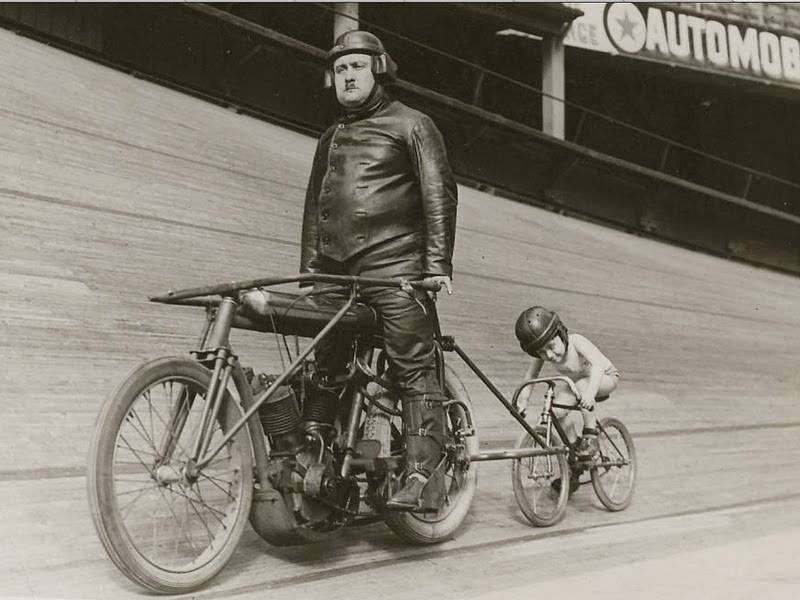
Treat Dad, The Gaffer, The Old Man, The OG, Himself, His Nibbs, Sperm Merchant. DILF Daddy, The Guv'nor, Pops, Pater, The Begetter, The Guy on Couch, Mr. ATM, or the Great Grilldo to great jazz.
You are going to drag the poor old bastard out against his will anyway; why not let him hear some quality vocals and chops from three brilliant musicians.

Miss Terry Sullivan - Vocalist:Vocalist Terry Sullivan sang in early music ensembles and small concert choirs before turning to jazz. An Ohio native, she has a degree in flute from Ohio University, but began singing after college. Anita O’Day and Blossom Dearie are influences. In addition to traditional musical training beginning in grade four, she studied at the Aebersold Summer Jazz Workshops at the University of Louisville, Kentucky. Ms. Sullivan gives jazz concerts in small venues with some of Chicago’s finest instrumentalists.
Mr. Stewart Miller - Bass: Stewart is a graduate of both the University of Kentucky, and Northern Illinois University where he attended to further his music education, completing various music programs during his time there.Mr. Miller is a regular in jazz clubs, recording studios, and festivals all around Chicago. He is a member of the Chicago Jazz Philharmonic, in addition to being an instructor of Jazz Bass at the University of Illinois-Chicago and the Music Institute of Chicago. Stewart can also be heard on recent recordings by Chicago jazz artists such as Orbert Davis, Russ Phillips, and Judy Roberts. He can also be found on Delmark Records 2004 release, "Up Jumped Spring" by legendary trombonist, Curtis Fuller

Mr. Tommy Muellner -Piano: Tommy Muellner was born in Chicago, Illinois. His father, John F. Muellner (1923--2016) was Tommy's first musical influence. In his heyday, Tommy's Dad played accordion in a dance band and in his later years played organ for senior citizen functions and for pleasure at home. John Muellner's unique personality, humor and passion for music resonates in Tommy Muellner's brilliant talent and style.Take the old Do-Dad to Saints Peter and Paul Lutheran Church
Tommy grew up surrounded by good music. With a variety of instruments from which to choose, he started playing gigs at an early age. Although he has learned to play drums, guitar, bass and organ, Tommy's natural preference was always the piano. Tommy grew up hearing many great jazz records, but the whole family especially loved the unique jazz piano artistry of Erroll Garner. In his early twenties, Tom discovered Bill Evans "by osmosis," and considers his influence on jazz to be significant.[citation needed] After that important discovery, Muellner "realized when I finally heard the music, that jazz is more than music. It is great art, and a philosophy with spiritual ramifications."
In later years, Tommy's musical influences were gleaned from the likes of Evans, Charlie Parker, John Coltrane, Miles Davis, and Dexter Gordon. He learned mostly from the great classic jazz recordings. He also learned a great deal from playing with master musicians like Ira Sullivan, as well as other lesser known musicians he worked with at a younger age. His favorite pianists include Art Tatum, Hank Jones, Bud Powell, Barry Harris, McCoy Tyner, Monty Alexander, Keith Jarrett, Chick Corea, Herbie Hancock, Steve Kuhn, Denny Zeitlin, Fred Hersch and his close friend John Campbell.
Riverside, Illinois this Sunday at 3PM (Suggested donation $ 20)
Then feed the poor old bastard.






